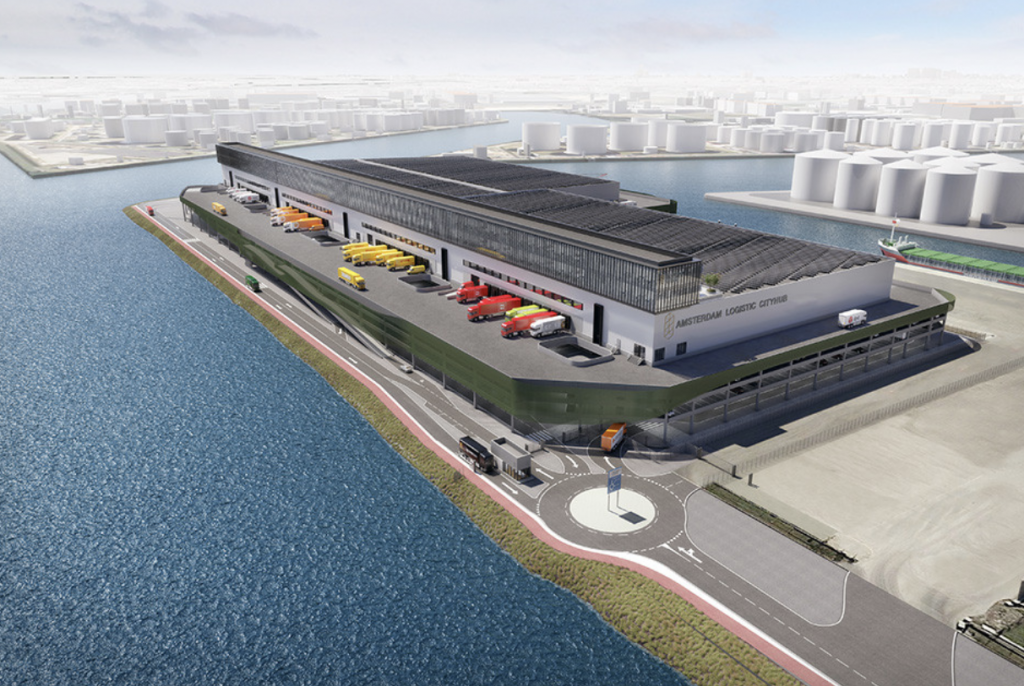Today, a cursing and ranting engineer was again in our street with his diesel bus. Nowhere to be found for loading and unloading, the house where he needed to do his job was in a car-free area, and when he finally found a parking space, he had to pay 6 euros per hour.
A fellow engineer whistles by on a cargo bike while arguing with the local enforcement officer in a not-so-local dialect. He is now outraged: ‘I can’t do my job like this.’ I replied in a calm voice: ‘That’s right, you have to do it differently too.’
With car-free residential areas, inner cities, and campuses, city logistics is under attack. There is no room; we will have to deliver more with fewer vehicles. Every trip will be a bit of a “hit-or-miss.” The transport planner must plan trips carefully, considering the local regulations; zero-emission zones, road closures, times window, loading and unloading points, road safety, and weight restrictions. When can it be done with a truck or when with a van? And when with the cargo bike? City logistics is precision logistics.

City logistics hubs offer a solution where efficient bulk deliveries to the region with ‘slow mobility’ (and why not by water?) switch to fine-meshed deliveries that are precisely tailored to the wishes of the recipient in the city, the consumer, the construction site, the office, the retail store, and the HoReCa.
In those hubs, shippers and logistics service providers work together. Scale is a prerequisite for success. The hubs add value in unpacking, installation, returns, stock keeping, and the ‘last mile’ to the customers. Traditionally, city logistics has been about the ‘stuff’; pallets, barcodes, and vans. The new urban logistics also requires ‘fluff,’ the smart use of data in planning and execution.
With infrastructural changes in Europe, road pricing, the need to reduce CO2 for climate change, and the zero-emission zones, the right warehouse location near the city is becoming increasingly important. Unfortunately, this issue can no longer be postponed with the limited space available.
So, where will you be located five years from now? The good news is that there are more and more city logistics initiatives to join, such as City Logistics Campus and Amsterdam Logistics Cityhub in the Dutch Amsterdam region.
Accessibility is no longer a given. Get used to it: perfect preparation prevents poor performance. How do you approach this? The future of city logistics: act now!
Walther Ploos van Amstel.
